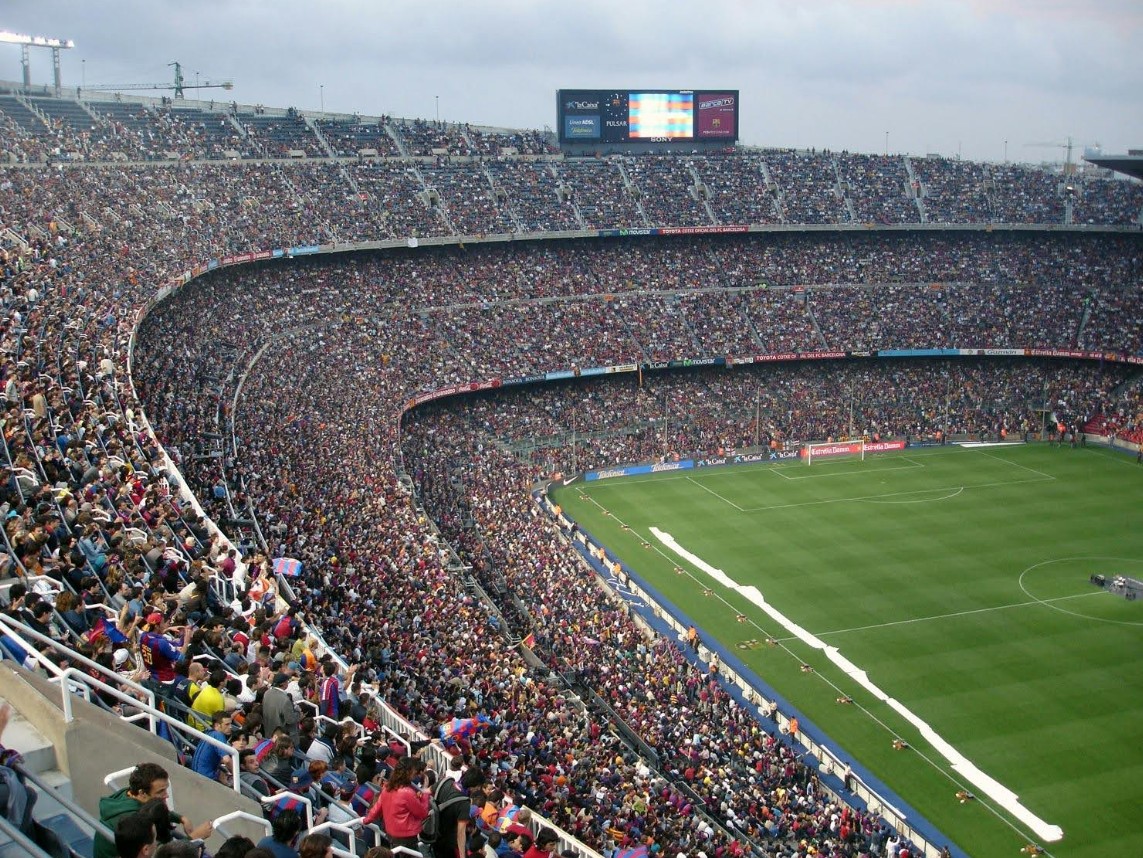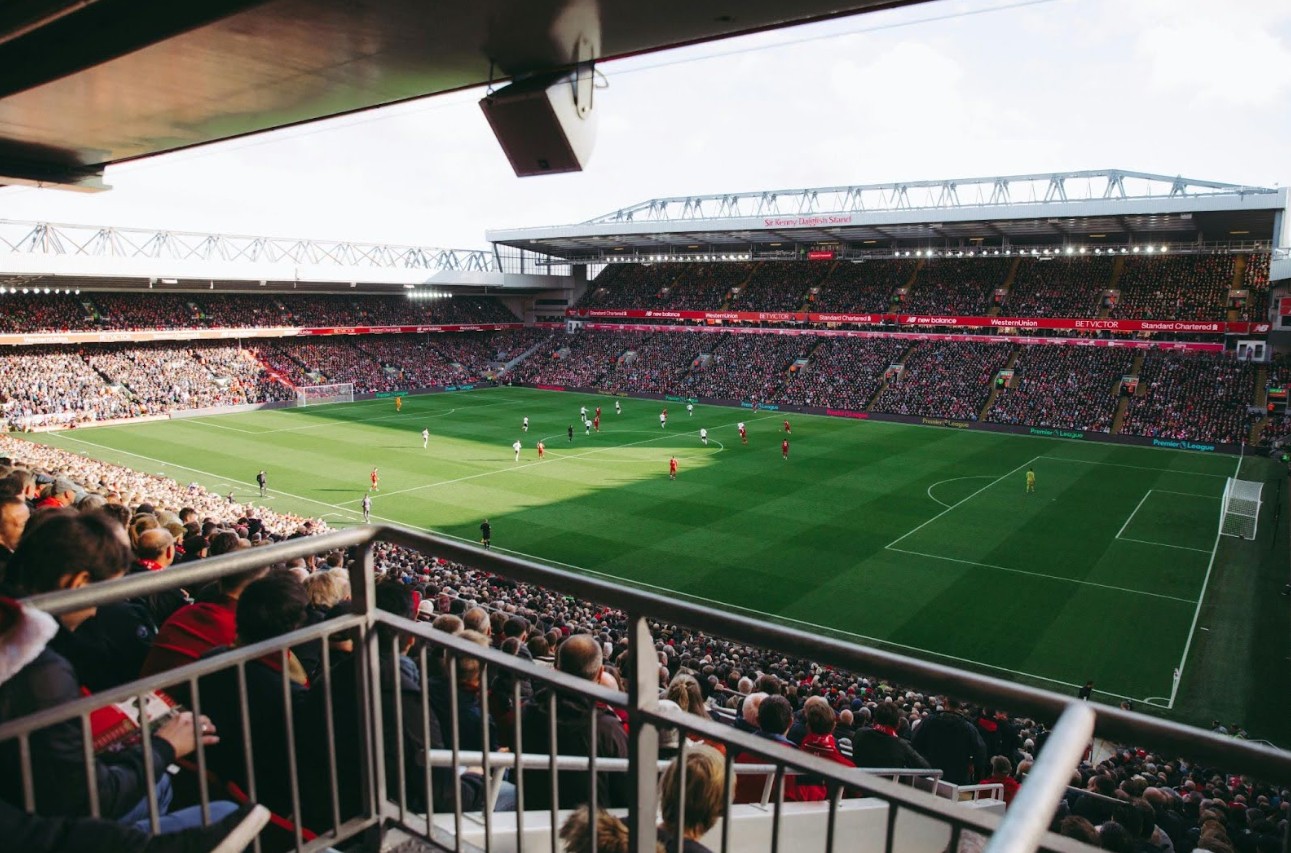Football and Identity: How Clubs Shape City Life
Football is more than a game. It's rhythm, it's no

Football is more than a game. It's rhythm, it's noise, it's pride. In cities across Europe and beyond, clubs aren't just teams on a pitch. They're stitched into the fabric of everyday life. Streets, language, even family traditions — everything gets touched by the club's influence. This goes deep, far beyond matchday.
In places like Turin, Liverpool, and Amsterdam, the bond between a club and its city is electric. Not just emotionally. It molds identity, local culture, even business. Sometimes this connection runs stronger than politics or religion. And in many ways, it becomes a marker of belonging. Even new hobbies and social trends often take root under this cultural umbrella, from fan art to betting games like Aviator Kenya, blending sport, city pride, and digital culture into one.
Juventus: The Soul of Turin
Turin is a city of factories, families, and fierce loyalty. For decades, Juventus has been more than its stadium or trophies. The club echoes the industrial heritage of northern Italy. Its black-and-white kit mirrors the working-class toughness of its early fans. It was born out of seriousness, built by precision, and carried through decades by gritty persistence.
Walk around Turin, and you see the fingerprints of Juve. Cafes replay iconic goals. Graffiti tags players' names on brick walls. Generations grow up with Del Piero and Buffon stories before bedtime. And yes, there's Torino FC too, Juve's city rival. But in global perception, Juventus is Turin.
The Agnelli family's link to the club deepened this connection. Fiat and Juve together turned the city into a modern symbol of Italian progress. Even during scandal years, support didn't vanish. It hardened. The loyalty wasn't built on wins. It was built on identity.
Liverpool FC: City, Rebellion, and Spirit
No club breathes with its city quite like Liverpool. The bond here is rooted in struggle. Economic crises. Social neglect. Political clashes. Through it all, Liverpool FC stood tall as a voice of resistance. Its fans didn't just cheer. They chanted, marched, and defended their ground with fierce Scouse pride.
The club’s anthem, "You'll Never Walk Alone," isn't just sung. It's lived. On the terraces. In family kitchens. Across oceans, too. Liverpool supporters talk about the club as if it’s a family member. And in a way, it is. An emotional pillar. A reason to be proud when times are tough.
And Liverpool has always felt different. It leans left when others lean right. It sings louder. It challenges authority. All of this is reflected in the way the team plays. Fast, aggressive, never backing down. The fans aren't passive spectators. They're the engine.
Here's what makes the Liverpool identity unique:
- Collective memory: Hillsborough wasn't just a tragedy. It shaped an entire generation. The fight for justice united the city.
- Global working-class solidarity: Fans from Dublin to Jakarta relate to the club’s underdog roots.
- Local swagger: The accent, the humour, the pride — unmistakable and unfiltered.
The club doesn't just represent Liverpool. It is Liverpool, with all its grit and beauty.
Ajax and Amsterdam: Artistry Meets Attitude
Ajax is football as art. Technique, speed, flair — it’s not just how they play, it’s who they are. And it fits Amsterdam like a glove. Both are creative, self-assured, sometimes rebellious. Ajax isn’t the richest or loudest club in Europe, but it's one of the most influential.
Johan Cruyff defined this DNA. His style — both elegant and sharp-edged — mirrored the city’s independent mindset. Amsterdam has always prided itself on being different. From art movements to civil rights, it likes to break molds. So does Ajax.
The club's youth academy, De Toekomst, translates to "The Future." Fitting. Because that's where legends are built. Players who leave Ajax often talk about the club as a school, not just a team. There's a way to walk, to pass, to think. It’s culture training as much as football.
And the city embraces that. Museums feature Ajax history. Streetwear borrows its retro logos. DJs sample stadium chants in techno sets. You can't separate the club from the city.
How Football Clubs Shape Urban Culture
Football clubs influence more than just fans. Their impact bleeds into city life in unexpected ways. It’s not just about the pitch. It’s architecture, music, fashion, even mental health.
Here are some clear examples of how clubs shape cities:
- Urban design: Stadiums often redefine whole neighbourhoods. Bars, murals, open plazas appear. The club becomes a local compass.
- Economic movement: Matchday tourism, fan shops, youth academies — it's all income and opportunity.
- Creative influence: Jerseys influence streetwear. Chants enter pop culture. Players become local icons.
Every win or loss spills into the mood of the city. You feel it on the subway, in the office, in schoolyards. It unites people who otherwise might never speak.
Final Whistle
A football club isn’t just a sports brand. In cities like Turin, Liverpool, and Amsterdam, it's a cultural powerhouse. It molds how people speak, dress, feel, and connect. For many, it’s a compass for identity and a source of pride that never runs out. The bond between club and city is personal, emotional, and impossible to replicate.
That’s what makes football magic. It isn’t just about goals. It’s about belonging.







